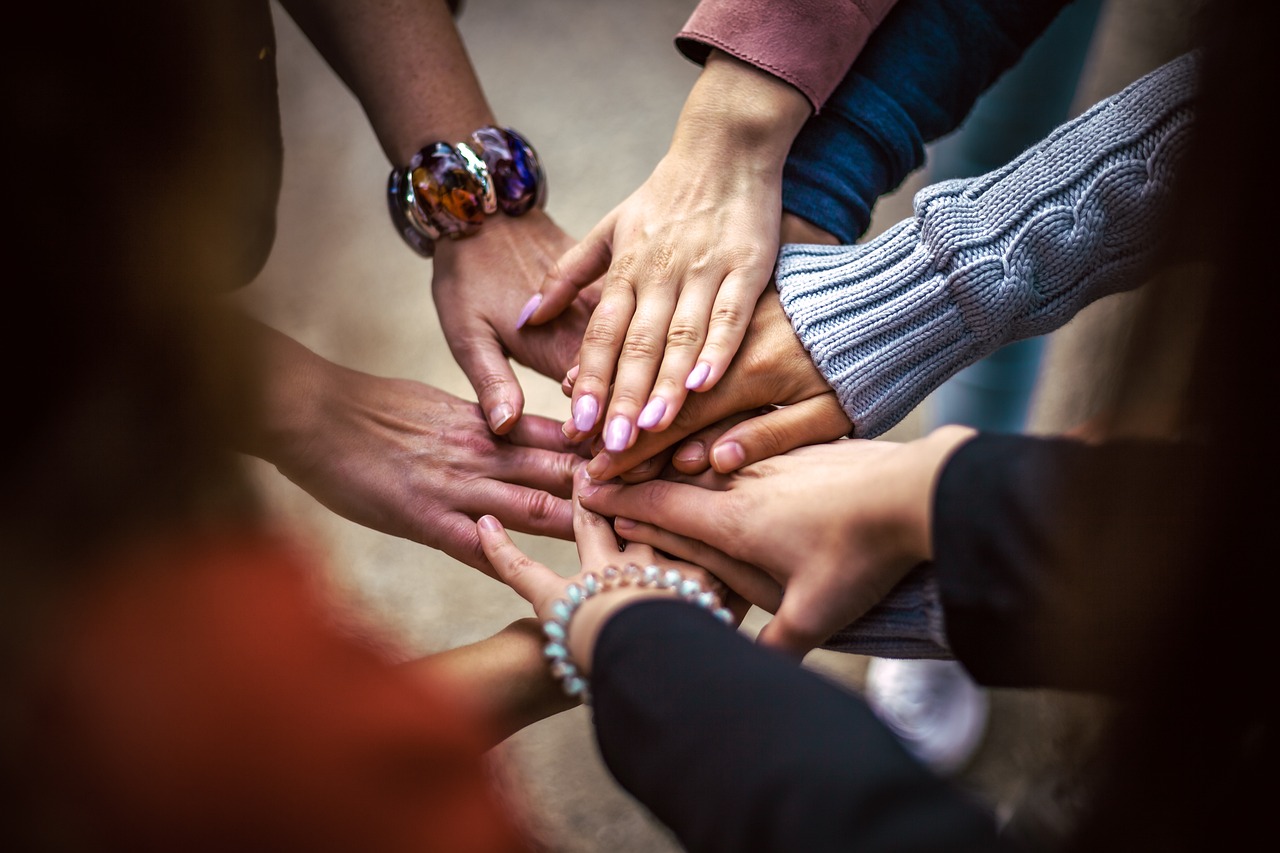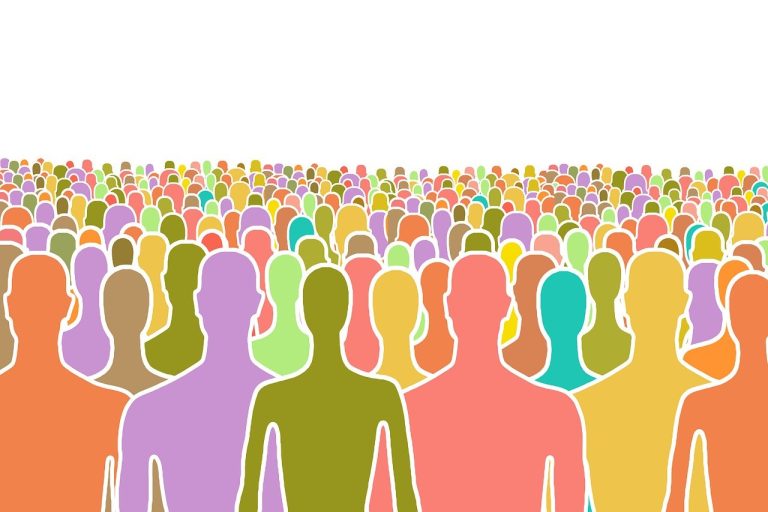If you’re familiar already with the subject of near-death experiences, then you’re well aware of just how special “NDEs” are. Not only are the experiences themselves extraordinary, but the aftereffects of an NDE can fundamentally change a person, too. But just how extraordinary does a person need to be to have an NDE in the first place? Are they only experienced by certain people, or can anyone have an NDE?
Here’s the short answer: yes, anyone can have a near-death experience. There are no known conditions or characteristics that prohibit a person from having an NDE. They can happen to anyone.
Can anyone have an NDE? Who has near-death experiences, and who doesn’t?
So far, researchers in the field of near-death studies have not been able to identify a single characteristic that disqualifies someone from having an NDE. They can quite literally happen to any person, regardless of age, race, gender, religious beliefs or views, sexual orientation or gender identity, education levels or income levels, cultural backgrounds, geography, physical or mental health, or quite literally any other characteristic, common or otherwise.
This means children can have NDEs, the same as an adult of any age. It means an atheist can have an NDE, just as a religious or spiritual person can. NDEs can happen regardless of education level or socioeconomic status. They don’t seem to care about mental health conditions or a complete lack thereof. Simply put, anyone can have an NDE, regardless of who they are.
Do cultural or socioeconomic factors change near-death experiences themselves?
Can anyone have an NDE? Yes, they most certainly can. But do these same cultural or socioeconomic factors affect what people see in NDEs? Is an NDE the same for a person from one culture as it is for another?
While each and every near-death experience is unique, NDEs do share common characteristics as well. These characteristics, immutable and otherwise, might affect how an NDE is described. But they don’t appear to change the experiences themselves beyond those descriptions.
Someone in the western world—say, the United States or France, for instance—might describe their NDE as involving a “tunnel” of light. The phrase “tunnel” is common in our vernacular, and we’re all familiar with tunnels as common elements of our infrastructure. But in cultures where tunnels aren’t as common, they might describe the same concept using different terminology.
Likewise, a religious person might interpret their NDE as a holy or spiritual event. They may even report having met with, or at least seen, religious or spiritual figures during their NDE, whereas an atheist or agnostic person might not.
That’s not to say a person’s NDE is uniquely shaped by their background or culture, of course. But a person might interpret what they’re seeing differently, or describe the events in different ways. And these are important distinctions when researchers are studying near-death experiences and related phenomena.
Read More: What causes near-death experiences, and who has them?
Can anyone have an NDE? Absolutely. And anyone can help advance research, too!
Near-death experiences are still a mystery to the science community. We haven’t yet solved some of the largest, most pressing scientific questions regarding NDEs. What causes them exactly? Can anyone have an NDE, or is there an underlying factor we’ve yet to discover that may prevent someone from having an NDE? And what exactly do these remarkable experiences mean for us, as humans? What do they mean for our understanding of consciousness, life, and death?
IANDS is an educational nonprofit that works to solve these mysteries, and many more. We work tirelessly to research NDEs, to equip researchers with useful data and resources, and to demystify NDEs and educate the general public, hopefully reducing stigmas and normalizing conversations about NDEs. And with your help, we can continue this important work.
Please consider making a tax-deductible donation to IANDS today. You might also want to take a look at the benefits of becoming an IANDS member. And you may just find something stylish in the IANDS Extraordinary Shop as well. If you or someone you care for has had an NDE, you might want to also consider learning more about getting involved in NDE research studies, too.




